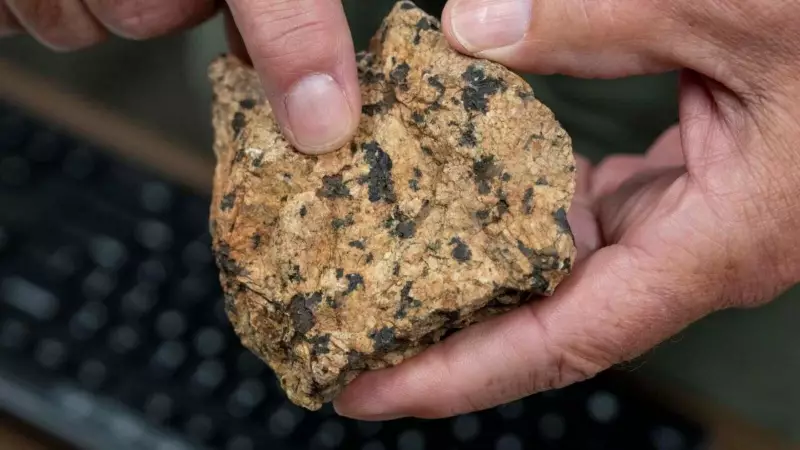
In a significant strategic move to counter China's overwhelming control over the global rare earth market, the United States government has announced a substantial $50 million investment in Vulcan Elements. This funding aims to accelerate domestic production of rare earth permanent magnets - critical components powering the green technology revolution.
The Geopolitical Battle for Green Technology
The investment comes as part of a broader $250 million package from the US Department of Defense, targeting the development of a secure domestic supply chain for rare earth elements. These materials are essential for manufacturing high-performance magnets used in electric vehicle motors, wind turbines, and various defense applications.
China currently dominates approximately 90% of the global rare earth magnet market, creating significant supply chain vulnerabilities for Western nations. The Biden administration's move represents a calculated effort to reduce this dependency and secure America's position in the rapidly growing clean energy sector.
Why Rare Earth Magnets Matter
Rare earth permanent magnets might sound like technical jargon, but they're the invisible force behind many modern technologies:
- Electric vehicle motors rely on them for efficiency and power
- Wind turbines use them in generator systems
- Consumer electronics incorporate them in various components
- Defense systems depend on them for advanced applications
Without these powerful magnets, the transition to renewable energy and electric transportation would face significant hurdles.
Vulcan Elements' Innovative Approach
What makes Vulcan Elements particularly promising is their unique extraction method. The company has developed technology to harvest rare earth elements from geothermal brines - essentially hot, mineral-rich waters found deep underground. This approach offers several advantages over traditional mining:
- More environmentally sustainable than conventional mining
- Lower carbon footprint during extraction
- Potential for continuous production
- Reduced environmental impact
The company's project in Germany's Upper Rhine Valley demonstrates the viability of this method, producing both lithium and rare earth elements as byproducts of geothermal energy generation.
Broader Implications for Global Supply Chains
This investment is part of a coordinated Western effort to challenge China's stranglehold on critical minerals. The European Union and other allies are pursuing similar initiatives, recognizing the strategic importance of securing these essential materials.
The timing is crucial as global demand for rare earth magnets is projected to surge by 300-400% over the next decade, driven primarily by the accelerating adoption of electric vehicles and renewable energy infrastructure.
As nations worldwide commit to ambitious climate goals, the race to secure reliable, sustainable supplies of rare earth elements has become a central battleground in the global clean energy transition. The success of ventures like Vulcan Elements could determine how quickly and efficiently the world can move away from fossil fuels while maintaining economic and national security.






